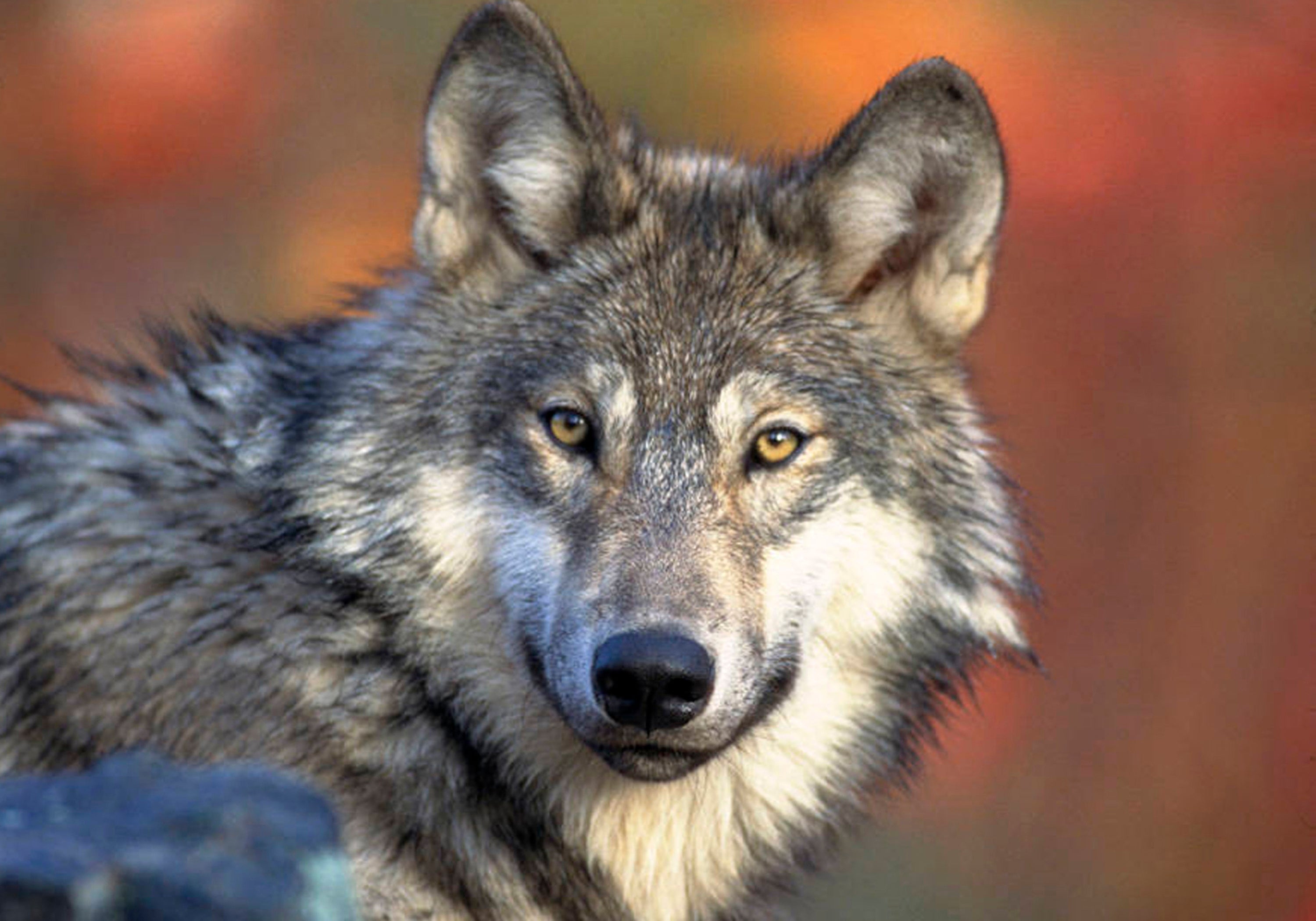Wisconsin wolf hunters face tighter regulations under new permanent rules
Wolf hunters in Wisconsin would have to register kills faster and have less time to train their dogs under new regulations being finalized by state wildlife officials

Your support helps us to tell the story
From reproductive rights to climate change to Big Tech, The Independent is on the ground when the story is developing. Whether it's investigating the financials of Elon Musk's pro-Trump PAC or producing our latest documentary, 'The A Word', which shines a light on the American women fighting for reproductive rights, we know how important it is to parse out the facts from the messaging.
At such a critical moment in US history, we need reporters on the ground. Your donation allows us to keep sending journalists to speak to both sides of the story.
The Independent is trusted by Americans across the entire political spectrum. And unlike many other quality news outlets, we choose not to lock Americans out of our reporting and analysis with paywalls. We believe quality journalism should be available to everyone, paid for by those who can afford it.
Your support makes all the difference.Wolf hunters in Wisconsin would have to register their kills faster, face a limited window for training their dogs and couldn't disturb dens under new regulations being finalized by state wildlife officials.
The state Department of Natural Resources plans to hold a public hearing on the new regulations Tuesday afternoon via Zoom. The agency plans to bring the regulations to the agency's board for approval in October.
The DNR has been relying on emergency rules crafted after then-Gov. Scott Walker signed legislation in 2012 creating a wolf season.
The new regulations would be permanent. They largely duplicate the emergency provisions but make some changes to reflect goals in the agency's new wolf management plan. That plan doesn't set a specific population goal, instead recommending the agency work with advisory committees to determine whether local packs should be maintained, grown or reduced.
The major changes in the new rules include shrinking the current 24-hour period for registering kills to eight hours. DNR officials have said the 24-hour grace period prevented them from getting an accurate kill count quickly during the 2021 season, leading to hunters exceeding their statewide quota by almost 100 animals.
Hunters would be allowed to train dogs to track wolves only during the wolf season and would be barred from destroying dens. The new rules keep existing prohibitions on hunting wolves with dogs at night and a six-dog limit per hunter.
For every verified or probable wolf depredation, farmers would be able to receive compensation for up to five additional calves. According to a DNR summary of the rules, the additional compensation is meant to acknowledge that it's difficult to prove a wolf attacked a calf.
Wisconsin held a wolf season in the fall of 2012, in 2013 and 2014 before a federal judge placed gray wolves back on the endangered species list.
The Trump administration removed them from the list in 2020 and the state held a hunt in February 2021 before a Dane County judge halted wolf hunting indefinitely later that year. A federal judge last year placed wolves back on the endangered species list.